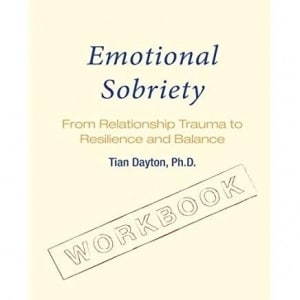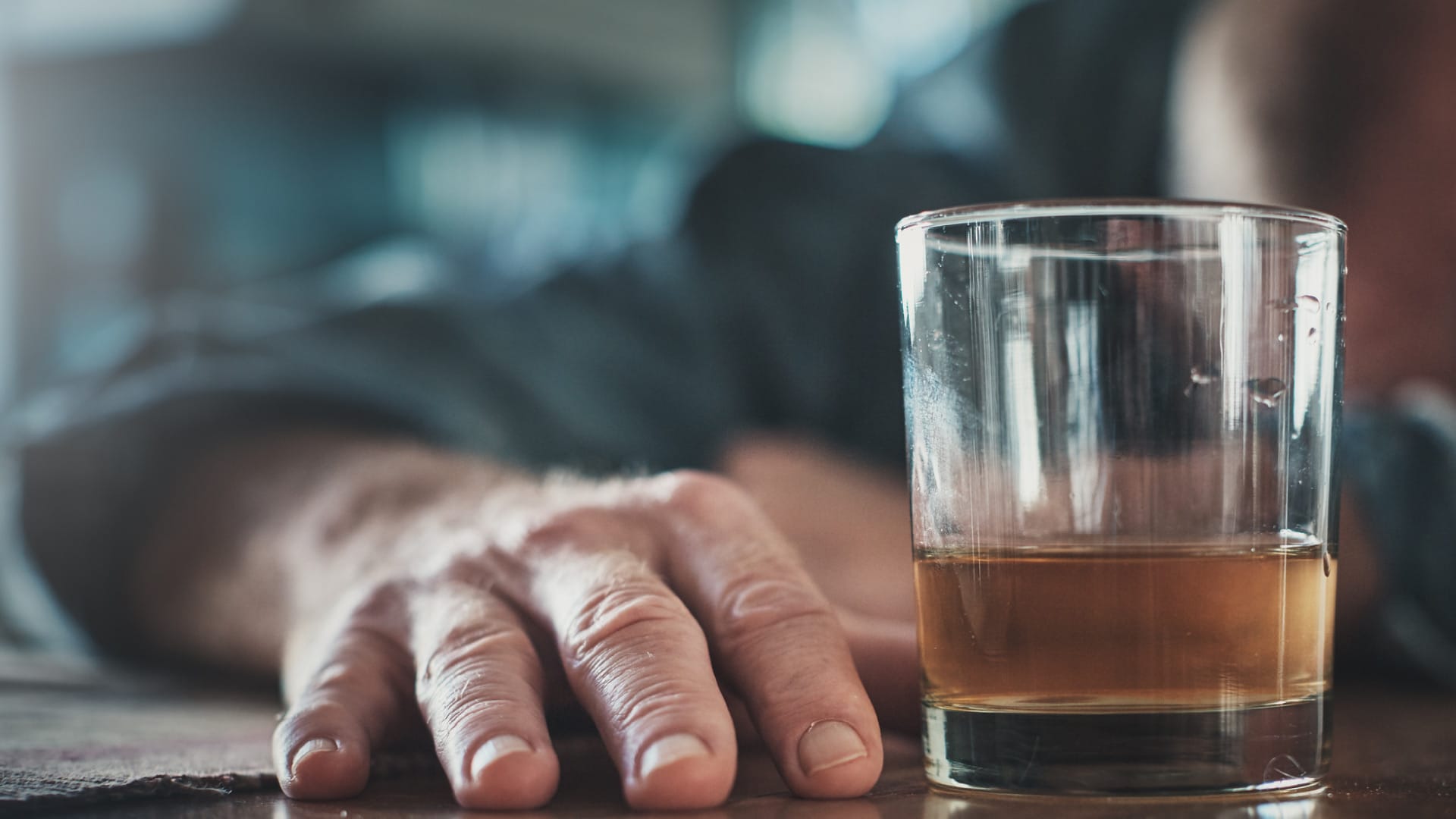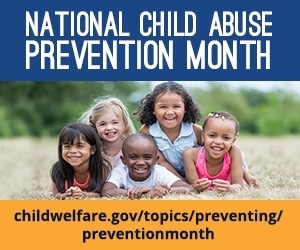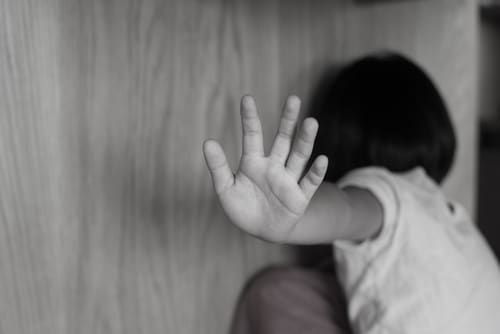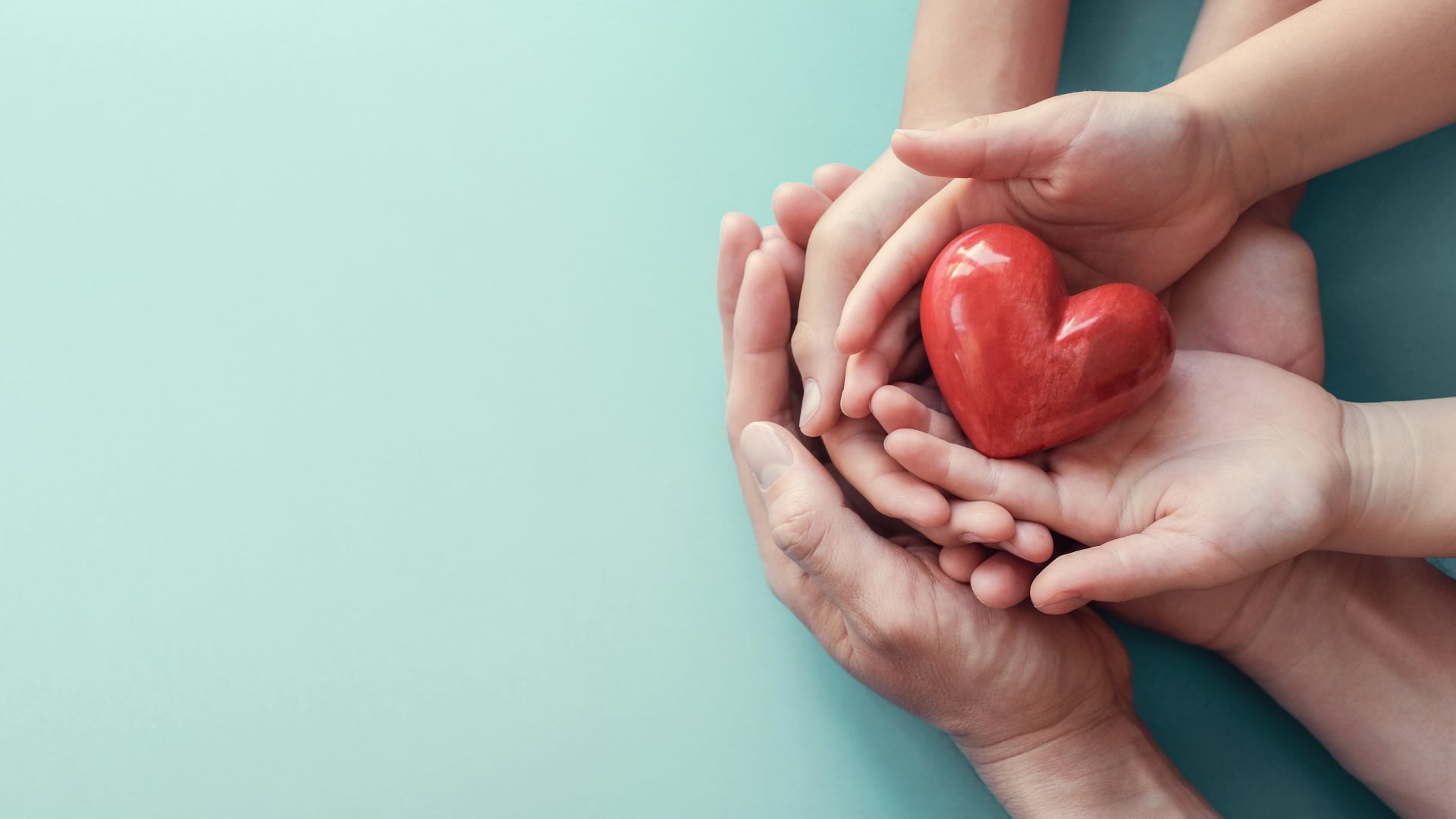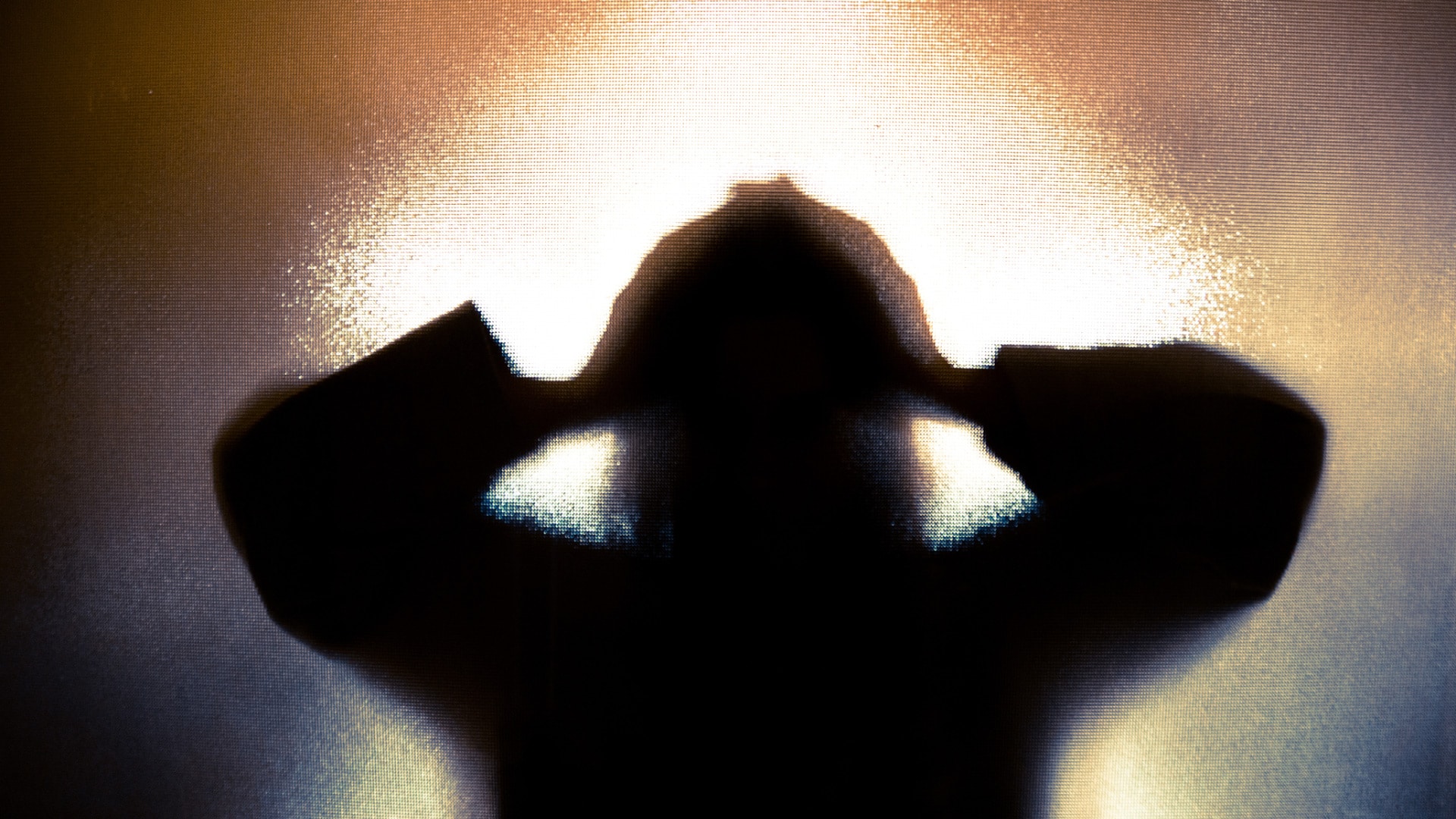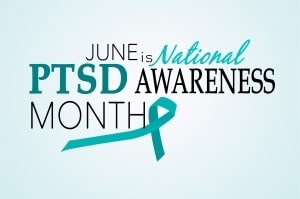
30 Things You Need to Know about Trauma and PTSD: PTSD Awareness Month
My therapist prescribed me to drink more alcohol. I had described symptoms of posttraumatic stress disorder (PTSD), yet once again, the diagnosis was completely missed. Even worse, this uniformed therapist suggested that I drink wine “medicinally,” beginning in the morning, to help cope with what he said was high anxiety. Read More

